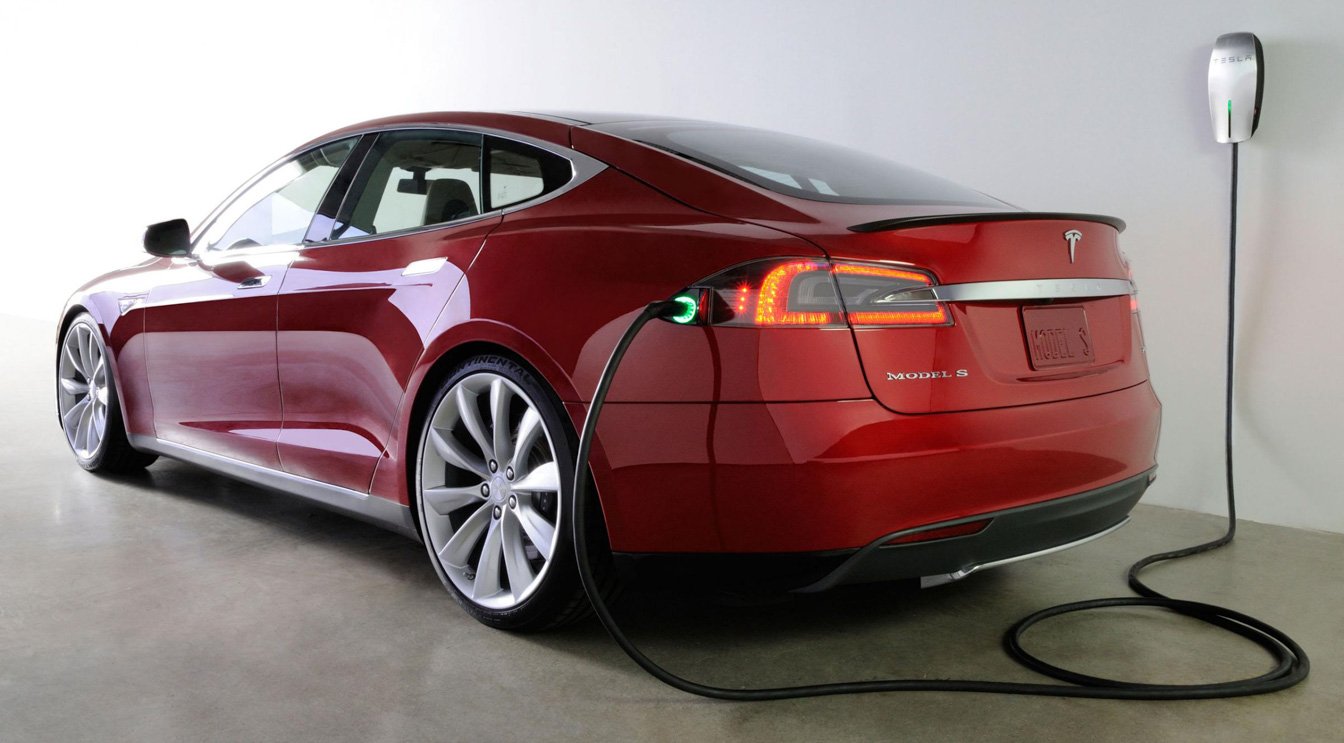The latest data indicates that during lockdown, the air quality in London has improved dramatically, and although there were active motivations already set in place by Transport For London, prior to lockdown to lead the way with an increasing expansion of greener energy use across the entire city, the proof in the need to create an even more cleaner, safer place to live and work has continually amplified, and with the objective to be zero-carbon by 2030, although considered a bold ambition, TfL are determined to attain their commitment to creating a transport system that is ecologically welcoming and vital for the sustainment of our environment.
London Underground:
With their target to have the rail network committing to ‘zero-emissions’ and plans in place to have the entire London Underground system powered solely by renewable energy by 2030, TfL, who already uses 16% of electricity sourced from renewable energy on the underground, are hopeful that by 2050, their entire estate, including overground rail will incorporate this necessary method of changing the way we travel, to ensure a greener and healthier environment for future generations.
Buses:
With more than 9,000 buses now meeting or surpassing the Euro VI emission standards, including over 400 electric buses (with a target to reach 2,000 by 2025) 3,500 hybrid buses and ten hydrogen buses, London boasts the largest fleet of eco-friendly buses in Europe. With cleaner engines, Nitrogen Oxide emissions from buses are down on average by 90% and the air quality for Londoners has had an increasingly positive impact on their overall health. With all 12 low emission bus zones now completed, it makes sense to take advantage of this greener mode of transport for a quieter and smoother journey, whilst doing your bit to help reduce traffic, and thus eradicating harmful secretions into the environment.
Cars:
Commuting by car is still the most popular and convenient method of transport for many, and with a high congestion charge for less green vehicles, electric car usage in the city is forecast to increase from the current 20,000 plus to 145,000 plus in the next four years. With a welcoming decrease in purchasing costs, more charging points being installed (with free parking whilst you charge) this is an ideal way for individuals or car-hire companies with an average daily commute of about ten kilometres to get out and about with an eco-friendly approach.
E-Bikes:
Modern electric bikes are compact and can enable you to travel for over 100 miles, depending on the battery capacity. With commuters looking for a speedier and greener way to travel, and a more positive reassurance of getting to work on time, the electric bike is seen as the way forward from the traditional long-haul manual cycle to work.
E-Scooters:
Lightweight and easy to handle, with average speeds of about 9.3mph to 18.6mph, and capable of covering up to a maximum of about 15.5 miles per battery charge, e-scooters are ideal for small commutes across the city. However, schemes are being put into place to manage the possibility of over-crowding, whilst ensuring the safety of riders.
Convene to be green:
By supporting and working together with TfL, we can all make a positive contribution to the sustainability of our environment, by choosing a greener and more eco-friendly way to travel in and around our great city of London.
